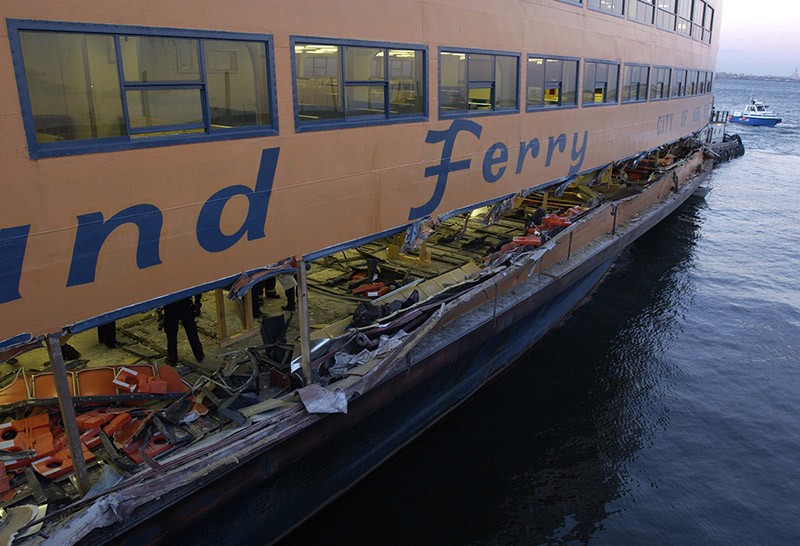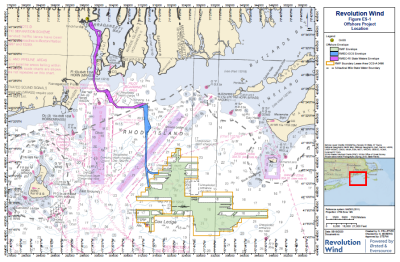In his February Captain's Table column, Capt. Alan Bernstein urged the Department of Homeland Security and the Coast Guard to issue a rulemaking to update the dollar thresholds for “marine casualty” and “serious marine incident.”
Alan wrote that such a rulemaking would finally address the inadequate $25,000 “material loss of property” regulatory provision that makes a marine casualty reportable.
The $25,000 threshold that triggers a CG-2692 was set in 1980 and has not been adjusted to account for inflation. As a consequence, more and more relatively minor and insignificant events cross the $25,000 threshold and are reportable.
Alan said that at a minimum, by adjusting the property damage reporting threshold to account for inflation ($25,000 in 1980 is approximately $77,000 in today’s dollars) will relieve vessel operators of a regulatory burden and allow the Coast Guard marine casualty reporting system to focus on more serious accidents and casualties. It costs about $25,000 just to drydock a boat even if it isn’t a major repair, so Alan wants to see $200,000 as a threshold.
Alan and the Passenger Vessel Association also feel that the $100,000-plus threshold for reporting “serious marine incidents” (SMI) should also be changed. It has not changed since 1988. PVA wants to see these thresholds be adjusted regularly to account for inflation.
Alan noted that the Coast Guard was working on a Notice of Proposed Rulemaking (NRPM) to increase the dollar thresholds for marine casualty and serious marine incident reporting and urged its publication as soon as possible.
Well, Alan got his wish when the NPRM was published Monday.
However, Alan won't get everything he is pushing for. The Coast Guard wants to increase the damage threshold that triggers a marine casualty report from $25,000 to $72,000, just shy of the $77,000 total that is equivalent to $25,000 in 1980 dollars, and falling far short of the $200,000 Alan and PVA would like to see.
But the Coast Guard is suggesting raising to $200,000 from $100,000 the SMI reporting requirement for accidents that require mandatory drug and alcohol testing.
In the NPRM, the Coast Guard said that because the amounts have not kept pace with inflation, “relatively minor casualties must be reported,” which the agency said was never its intent.
The proposed changes would benefit the industry and the Coast Guard so both “would be able to focus efforts on higher consequence incidents,” the agency said. They estimate the rule would save the industry and federal government about $6.8 million over 10 years.
You can comment online (Docket No. USCG-2016-0748) on the NPRM through March 24.





